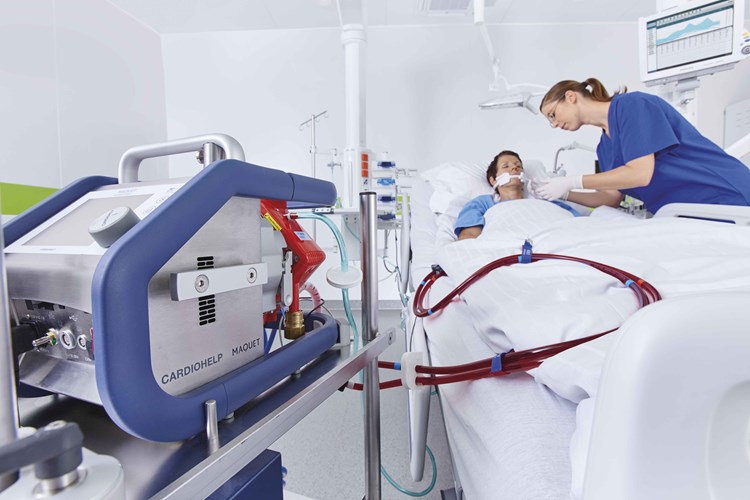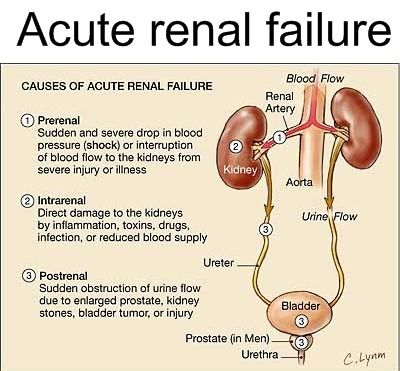- Home
- Coronavirus
Coronavirus
Coronavirus has dramatically increased the number of ICU patients. This includes the U.S. and the rest of the world.
As cooler weather has come, the number of cases and hospitalizations in many states has significantly increased.
Which Coronavirus Patients Need the ICU?
The major reason for ICU patient admission continues to be coronavirus pneumonia. admission usually occurs about 8 days after the beginning of symptoms.
Those most likely to require the ICU have been over the age of 60. Close to half of those admitted have had diabetes, heart disease or high blood pressure.
However much younger adults have also required ICU care.
Compare this x ray of pneumonia to the one below it with normal lungs.
The white area indicated by the black arrow shows lung congestion and why breathing becomes difficult. The white arrow points to the heart.


Treating Coronavirus Pneumonia
As previously mentioned, the lungs become very congested with any type of pneumonia including coronavirus.
Patients have difficulty breathing and getting enough oxygen into their blood.
These are the reasons for most patients requiring the ICU. Currently, there are no specific medications or antibiotics to treat the virus.
Patients have first been treated with increased oxygen through various types of face masks. However the high oxygen flows may cause more spread of the virus.
This means early placement of a breathing tube and use of a ventilator which could last as long as 2 weeks.
If a ventilator alone does not work, other maneuvers may be necessary.
This can include keeping your loved one in bed on their stomach for a number of hours at a time. Probably for at least a week.
Medications can be given into the lungs to improve oxygen levels. They do not directly attack the virus; but they help the lung get more oxygen
The last line of treatment is ECMO. This is a specialized treatment not available in all hospitals.
ECMO is a type of heart lung machine.
Catheters are placed in the large veins in the neck or groin. Blood is then pumped through a machine which adds oxygen to the blood returning to the patient.
This is a continuous process which usually necessary for several days; sometimes a week or more.
ECMO is not a cure. It supplies enough oxygen and rests the lungs until they can recover and take over again. Below is an ECMO device in action.

Bacterial Sepsis & Coronavirus
Although this is a virus, bacteria can also move into the lungs and worsen the pneumonia. Antibiotics are started early on to prevent this.
Patients in an ICU for any cause, are always at very high risk for a bacterial infection. Test are done every day to monitor for new infections.
Bacteria can cause various and harmful biochemical reactions. Blood pressure will drop and heart function worsens. This is septic shock.
Medications will need to be continuously given intravenously to keep up blood pressure and improve heart action.
Multiple, powerful antibiotics are required.
Usually, more intravenous fluids will be needed. This may cause the patient to swell. While unsightly, it is not harmful.
Kidney Failure from Coronavirus
Another major complication of coronavirus is acute kidney failure. The first sign is a worsening of the blood tests for kidney function.
Daily urine volume begins to decrease. It's possible the kidneys can completely shut down and stop working.
Kidney shutdown means that the artificial kidney or dialysis may be necessary. This can be done continuously, daily or every other day.
It requires your family member be hooked up to dialysis machine during the treatment. Large intravenous catheters are placed.
The patient's blood can then be passed through the dialysis machine so that the impurities, usually handled by the kidneys, can be removed.
Fortunately, the vast majority of time the kidneys will eventually recover.

Blood Clots & Coronavirus
It has become clear that about 25% of patients with coronavirus can develop significant blood clots. These include clots in the large veins of the legs or lower abdomen, often known as the pelvic area.
These clots can also move to the lungs and are called a pulmonary embolus. If large enough, they interfere with oxygen in the lung and can be fatal.
Stroke, which can develop in some coronavirus patients, probably happens because of these blood clots also going to the brain.
Almost all ICU doctors are aware of these risks and begin preventative treatment at the time of ICU admission.
Your loved one will be started on blood thinners to reduce or prevent the likelihood of clots forming.
These blood thinners can cause bleeding, so patients are monitored carefully to detect any instance of this complication.
If bleeding does occur, other therapies or interventions may be necessary.
Survival Rate from Coronavirus
In the U.S, the vast majority of patients in the ICU and not on ventilators have survived. The death rate has been about 1%.
For patients needing a ventilator, survival has ranged from about 30-60%
Some particular ICU's have had even better survival rates.
Outcomes are slowing improving. That's because of the dedicated nurses, doctors and therapists caring for your loved one.
Coronavirus and Death
Many other factors associated with Coronavirus can affect outcome.
In addition to pneumonia, development of septic shock or kidney failure increases the death rate. Strokes are also known to occur.
Coronavirus can damage the heart and reduce the amount of blood pumped. This is known as a myocardopathy, a type of heart failure.
Most times, over weeks to months, the heart will recover.
With the high level of medical care available throughout the U.S, I expect a much improved level of survival when compared to China.
Questions to Ask
- When can our loved one be taken off the ventilator?
- Can this happen again?
- How long will he or she need to stay prone
- Will the lungs or heart be permanently damaged
- Are any new medications yet available.
- Can our loved one be entered into any of the studies testing new medications?